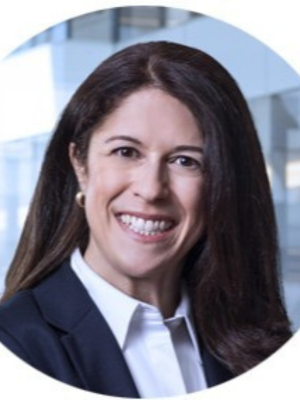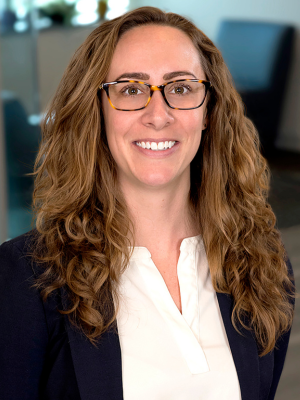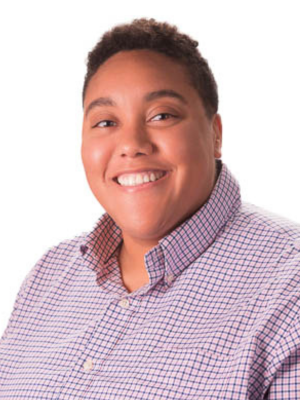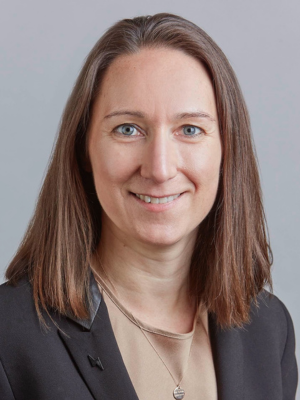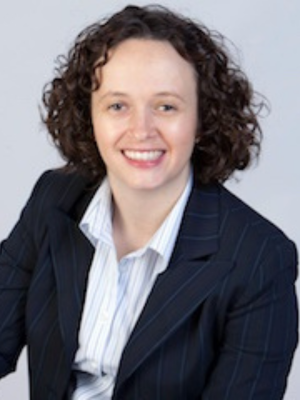 What do Pride month and LGBTQ+ matters have to do with career advice or workplace culture? A 2024 Gallup survey reports more than one in five of “Gen Z” people identify as LGBTQ+ in the workplace with an EY survey stating that 30% of the Generation Z workforce will identify as LGBTQ+ by 2030. As a leader or manager of your current and future workforce and talent pool, this reality requires your attention to ensure both your career and theirs are supported and successful.
What do Pride month and LGBTQ+ matters have to do with career advice or workplace culture? A 2024 Gallup survey reports more than one in five of “Gen Z” people identify as LGBTQ+ in the workplace with an EY survey stating that 30% of the Generation Z workforce will identify as LGBTQ+ by 2030. As a leader or manager of your current and future workforce and talent pool, this reality requires your attention to ensure both your career and theirs are supported and successful.
Putting the kind welcoming human argument aside as we know by now humans vary in their traits, behaviors and beliefs, it is less subjective to put organizational performance as the reason to create a great culture at work for everyone. Whether it involves LGBTQ+ coworkers, professional women, or BIPOC/people of color, the leadership and organizational competency (and it is a competency) to create the best conditions for talent to thrive should be the core of diversity, equity, and inclusion work. And, diversity is not the final destination, not least because it exists already, and it is the legacy power dynamics that need to be examined. Consider the adoption of what Ely and Thomas coined as a learning and effectiveness paradigm first proposed in their 1996 HBR work, Making Difference Matter. Despite this being introduced nearly thirty years ago, they critically reminded us in 2020 that most companies have not progressed beyond the basic strategies of the 1990s, which primarily address foundational fairness and discrimination. In their article “Getting Serious About Diversity: Enough Already with the Business Case” (Harvard Business Review, November/December 2020) Ely and Thomas state:
“Having people from various identity groups “at the table” is no guarantee that anything will get better; in fact, research shows that things often get worse, because increasing diversity can increase tensions and conflict. Under the right organizational conditions, though, employees can turn cultural differences into assets for achieving team goals.”
Social/organizational psychologists such as myself will tell you that the studies over thirty years show that without understanding how to leverage differences and the conflict that comes with them, higher performance is not a guarantee. The antecedents for optimal team and organizational performance for the 30% of near future LGBTQ+ workers are much like the those of any current non-LGBTQ+ worker—psychological safety for the ability to be oneself. Conditions matter, and processes and systems have to incentivize behaviors that align with strategic talent goals to develop, promote and retain people.
Here are two strategies to successfully support LGBTQ+ talent…
Create Psychological Safety
Creating the right conditions is foundational. Coming out is still hard and still constant. Even in the best of welcoming familiar and societal conditions, there is always slight trepidation that being different won’t be received as well as being the same. There are an estimated 8-20 million of your colleagues in the US that are LGBTQ+ and of which 50% still mostly hide their identity to HR, but almost 80% are now willing to come out to one person with coming out to manager at a lower rate. At work, in a professional setting, everyone wants to show up to do their best and regardless of who you are, you have to feel psychologically safe to focus on the job at hand. When someone feels like they belong, it creates happier, and high performing employees who stay engaged.
Psychological safety refers to an individual’s perception of the consequences of taking interpersonal risks in a particular context, such as a workplace. For LGBTQ+ employees, this means feeling secure enough to express their identity without fear of negative repercussions. When employees feel psychologically safe, they are more likely to be engaged, innovative, and committed to their work. LGBTQ+ employees report a greater sense of belonging when working remotely versus in-person as they experience an increase in microaggressions when in the office. Furthermore, the UCLA William’s Institute research cites that two thirds of LGBTQ+ employees still witness slurs and pejorative talk with half of respondents experiencing discrimination. Workplace culture is societal culture as it is merely a way of saying “how do we do things around here”. Pride in the dictionary is the opposite of shame which is the flag that the wife of the US Supreme Court judge, Justice Alito wants to fly while he has publicly stated he wants to reverse gay marriage (69% of Americans are not polarized on this, supporting gay marriage). Laws matter, they influence culture as well as very real elements of LGBTQ+ peoples’ lives and careers. While partner preference if you are LGBTQ+ does not define the content of your character, judging others based on one’s own subjective beliefs, does.
Create Real Mentoring and Sponsorship Relationships
Programs and policies to support any initiative or business or organizational development goal are key but alone are not enough; climate, management practices and attitudes and mentoring and sponsorship play a crucial role. Building real relationships can bridge gaps and humanize people who are otherwise at risk of being stereotyped. For LGBTQ+ employees, having mentors and sponsors who understand and support them can make a significant difference in their career development and overall workplace experience. Policies should be implemented in a way that they are not just on paper but are actively endorsed and lived within the workplace culture. Theglasshammer now offers a coaching upskill program where mentors who want to coach their mentees in addition to giving advice and support can now acquire coaching skills for all types of mentees including specifically LGBTQ+, BIPOC and women mentees.
Creating an inclusive workplace culture is systemic work. It goes beyond unconscious bias training, since it is always good to examine one’s unconscious beliefs, but it is also shown that explicit beliefs cannot be changed this way. Continue to leverage employee resource groups and promote allyship as this can help foster a more inclusive environment. Allies, who engage in supportive and advocacy behaviors such as mentoring, sponsoring via advocating, and coaching can play a significant role in improving workplace outcomes for LGBTQ+ employees. Ultimately, fostering a supportive and inclusive workplace culture benefits everyone. Managers should use these insights to enhance organizational commitment to inclusivity, which, in turn, can lead to better job attitudes and performance for both LGBTQ+ and non-LGBTQ+ employees. It is instead a “yes, and” approach that requires modeling positive and inclusive behavior and actively engaging all employees incentivized by processes and systems around talent and meritocracy to provide support to their LGBTQ+ and all colleagues. By focusing on creating a culture of support and belonging, organizations can ensure that all employees can thrive and contribute to the organization’s success.
Be a human first and know that the LGBTQ+ community has a lot of different people in that acronym much like society at large, it consists of many people with varying degrees of ambition, talents and experiences. Most LGBTQ+ people just want to get on with life, work hard in their career, perhaps raise kids, walk their dog, see their families and occasionally enjoy a vacation. Be proud of who you are, we are all only here for an average of 4000 weeks and what do you want to do in that time?
Happy Summer from theglasshammer.com – We will be back later July after we take a vacation!
By Nicki Gilmour, Founder and CEO of theglasshammer.com

